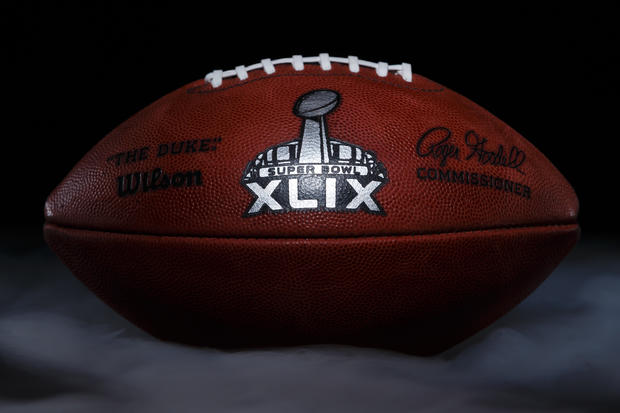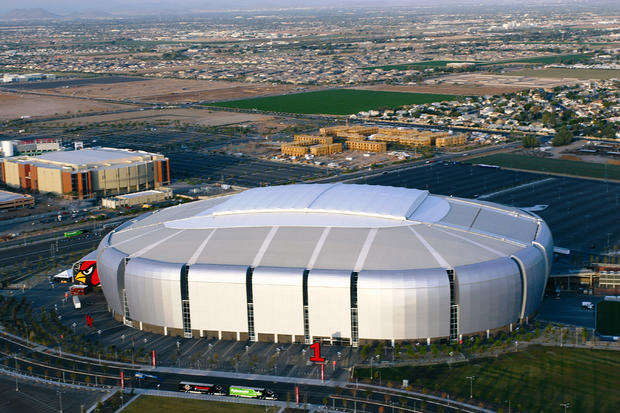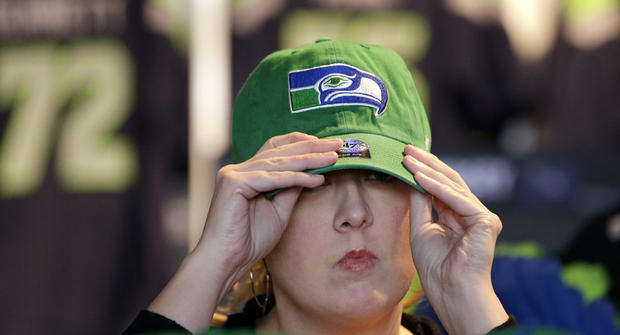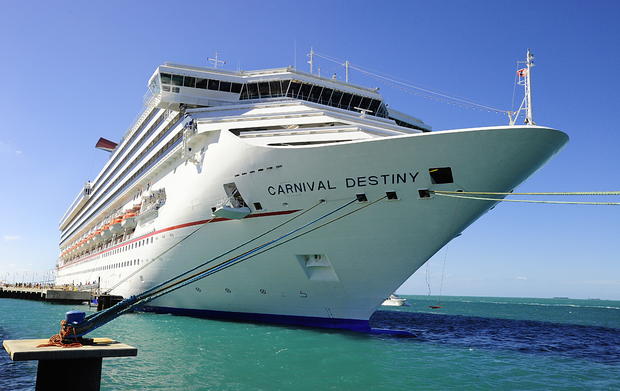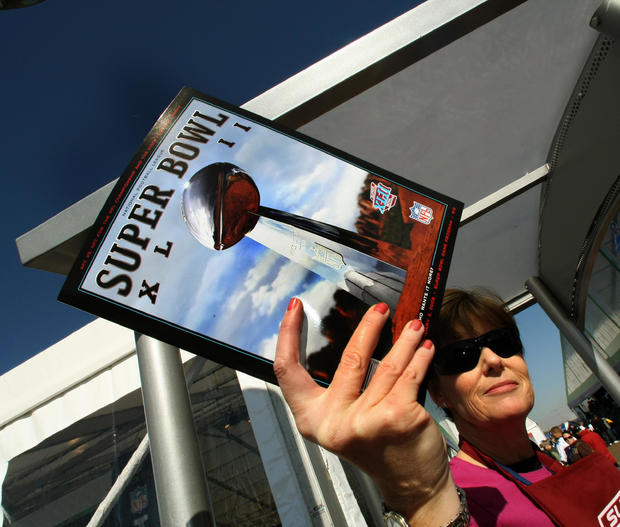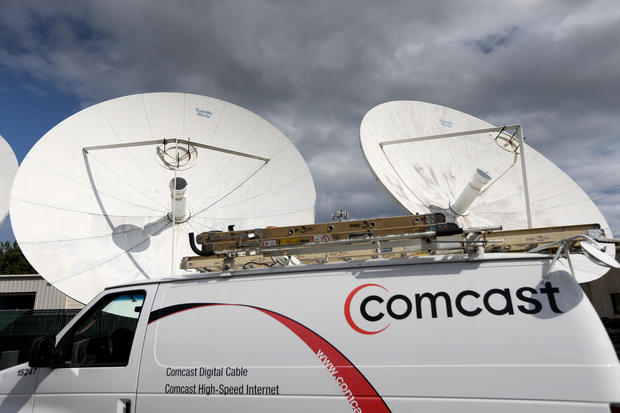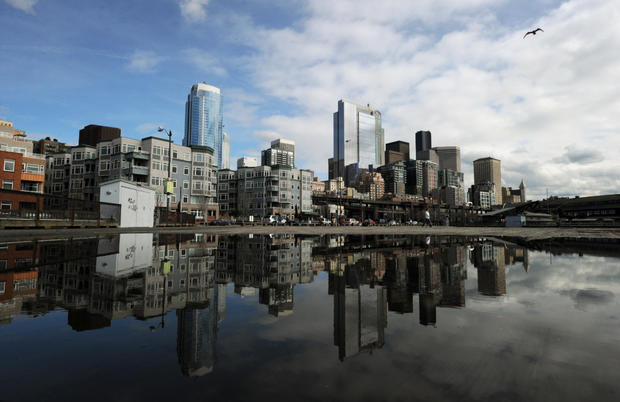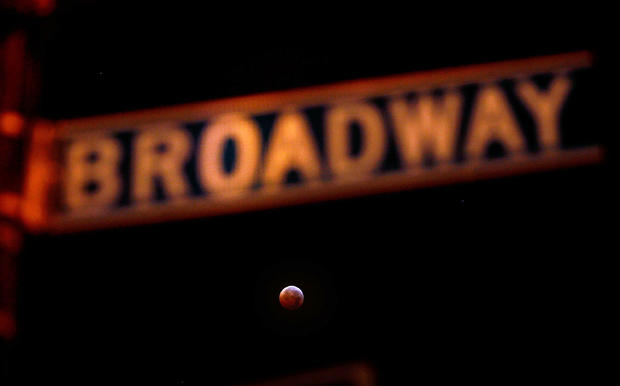9 things you didn't know about Super Bowl XLIX
This year's Super Bowl, still more than a week away, is already shaping up to be memorable. The game even has its own early scandal over whether the New England Patriots used properly inflated balls in recent matches.
If the events of this week are any indication, the matchup between the Patriots and the Seattle Seahawks promises to be a doozy. New forecasts also that the game is also standing out from a financial perspective as the economy continues to heal and Americans feel more comfortable with spending money.
Click ahead to see nine things you may not know about this year's big game.
Tickets are the most expensive in years
The average ticket price for the game is up to $4,676, an increase of nearly 23 percent over last year, according to ticketing information site TiqIQ. Another ticketing company, search engine SeatGeek, pegs the average price at $3,262.
TiqIQ says this year's Super Bowl on track to be the most expensive game over the last six seasons.
Normally, the average ticket price starts to drop as the game approaches, but that isn't happening this year. The cheapest available ticket was selling for $2,125 Thursday.
Television viewers are spending, too
People who don't have thousands of dollars to drop on Super Bowl tickets will still do some spending on the big game. The average viewer will spend nearly $78 this year, up from around $68 last year, according to the National Retail Federation's annual Super Bowl spending survey.
In fact, this year's spending will mark the high point in the history of the survey. Fans are expected to shell out for game-day food, new television sets and Patriots and Seahawks wear. In all, viewers will likely spend about $14.3 billion.
A bunch of new advertisers
Bowl viewers know to expect the typical fare from the likes of Budweiser and Coca-Cola. But about 15 brands will advertise for the first time this year, including Carnival Corp., glue maker Loctite, phone case maker Mophie and website builder Wix.com, The Wall Street Journal reports.
Those companies are making an expensive commitment in hopes the increased exposure will pay off. The cost to run a Super Bowl ad is running $4.5 million for 30 seconds this year.
The host city expects to lose money on the game
You'd think having the Super Bowl in your city would bring mountains of cash for all involved -- and that's certainly what the NFL would like everyone to believe. That isn't the case for Glendale, Ariz.
"I totally believe we will lose money on this," Mayor Jerry Weiers told ESPN. He's got a pretty good reason for that view. Glendale lost more than $1 million when it hosted the Super Bowl in 2008. Weiers' comments aren't sitting well with Arizona Cardinals president Michael Bidwill, who called Glendale's losses "a bunch of malarkey." Bidwill said Glendale actually got $13 million worth of "media exposure" from the game.
ESPN notes that this kind of friction between a government leader and a sports executive is rare. "The sight of a city official standing up to a league bigwig is so unusual, it's a little startling, like witnessing a dog walking on its hind legs," writes Mina Kimes.
Boston: Educated and wealthy
The Patriots' home turf includes the cities of Boston, Cambridge and Newton -- the 10th most populous metropolitan area in the country with a population of 4.7 million in 2013, according to the U.S. Census.
The area is well-educated compared to the rest of the country. Some 91 percent of adults 25 and older are high school graduates, and about 45 percent have a bachelor's degree or higher.
With those levels of education, it may not be surprising that Boston residents earn more than the rest of the country, with a household income of $72,907 compared to the national median of $52,250. And that's a good thing, considering that the median value of homes in the area was $363,200 in 2013, compared to a national median of $173,900.
Comcast is the real winner
Sorry, Boston and Seattle. The real victor on Super Bowl Sunday is Comcast (CMCSA), which is involved in several aspects of the big game.
A Comcast subsidiary called Global Spectrum is managing the University of Phoenix Stadium in Glendale, which will have 12,000 people working on game day, The Philadelphia Inquirer reports. Global Spectrum is a unit of Comcast-Spectacor, which is majority owned by Comcast.
Comcast also owns NBC, the network broadcasting the game. The Super Bowl is expected to generate around $350 million in ad sales for the network, the Inquirer reports.
Seattle: A growing region
The Seattle-Tacoma-Bellevue area is the 15th most populous in the country with a population of 3.6 million. When the Seahawks played its first season in 1976, Seattle only had about 530,000 residents.
Nearly 92 percent of Seattle residents have graduated high school, and just under 40 percent have a bachelor's degree or higher, according to the U.S. Census. The median income for the area is $67,479 compared with a national median of $52,250, and the median home value is $307,900 compared with a national median of $173,900.
Deals for non-Super Bowl watchers
Looking for a reason to skip the game altogether? You may find some deals and discounts around town as restaurants, spas and theme parks try to attract whoever isn't parked in front of the TV.
Broadway shows that are normally sold out still have Feb. 1 tickets available, with some selling at a discount, Time reports. Traffic at some restaurants is down by as much as half on Super Bowl Sunday. Ski slopes are likely to drop ticket prices, and spas are offering deals for Super Bowl widows.
Phoenix: In line with America
The Phoenix-Mesa-Scottsdale area of Arizona ranks 12th in the country with a population of nearly 4.4 million in 2013. About 87 percent of residents graduated from high school and 30 percent have a bachelor's degree or higher, and although those figures are lower than Boston and Seattle, they are about in line with the national average.
Similarly, the median household income for Phoenix is very close to the national median, at $51,847 compared with $52,250 nationally. And the median home value for the region is also close to the national median, at $177,900 compared with $173,900 nationally.
